Camping is a great way to escape the hustle and bustle of everyday life and enjoy the beauty of nature. However, it is important to be respectful of your fellow campers and the environment when you are camping. This means following camping etiquette.
Camping etiquette is a set of unwritten rules that govern how campers should behave in order to ensure that everyone has a safe and enjoyable experience. Here is a comprehensive guide to camping etiquette:
Before you go:
- Research the campground: Before you book your campsite, take some time to research the campground. This will help you to understand the campground’s rules and amenities, as well as the type of camping experience that you can expect.
- Pack the right gear: Make sure to pack all of the necessary gear for your camping trip. This includes things like a tent, sleeping bags, sleeping pads, cooking supplies, and food and water.
- Let someone know where you are going: Before you leave for your camping trip, let someone know where you are going and when you expect to be back. This is especially important if you are camping in a remote area.
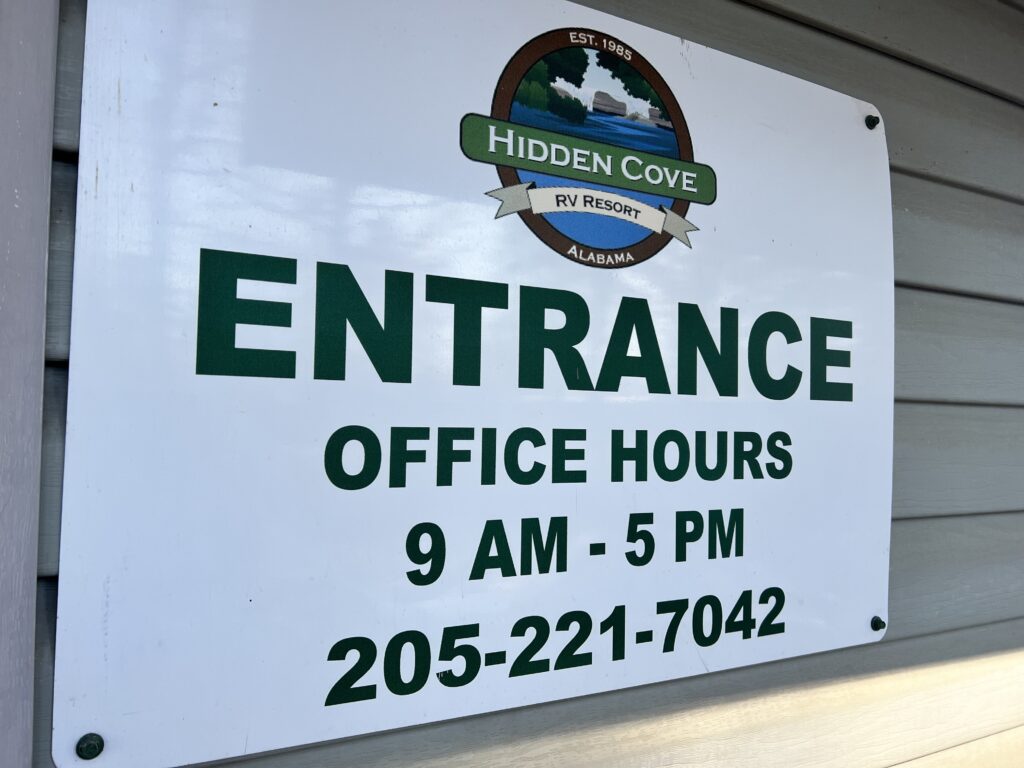
When you arrive:
- Check in at the camp office: When you arrive at the campground, check in at the camp office to register your campsite and pay any necessary fees. The camp ranger can also provide you with information about the campground’s rules and amenities.
- Set up your campsite: When you are setting up your campsite, be mindful of your surroundings. Avoid setting up your RV or tent under trees or near branches that could fall or scratch your RV. Also, be sure to leave enough space between your campsite and your neighbors’ campsites.
- Build your campfire: If you are allowed to build a campfire, be sure to build it in a designated campfire ring. Never leave your campfire unattended.
During your stay:
- Be respectful of your neighbors: Keep the noise down, especially at night. Also, be sure to clean up after yourself and your pets.
- Be aware of your surroundings: Be mindful of wildlife and avoid disturbing them. Also, be careful where you walk and hike, especially in areas with uneven terrain.
- Dispose of trash properly: Pack out all of your trash, including food scraps and human waste. Never leave trash behind at your campsite.
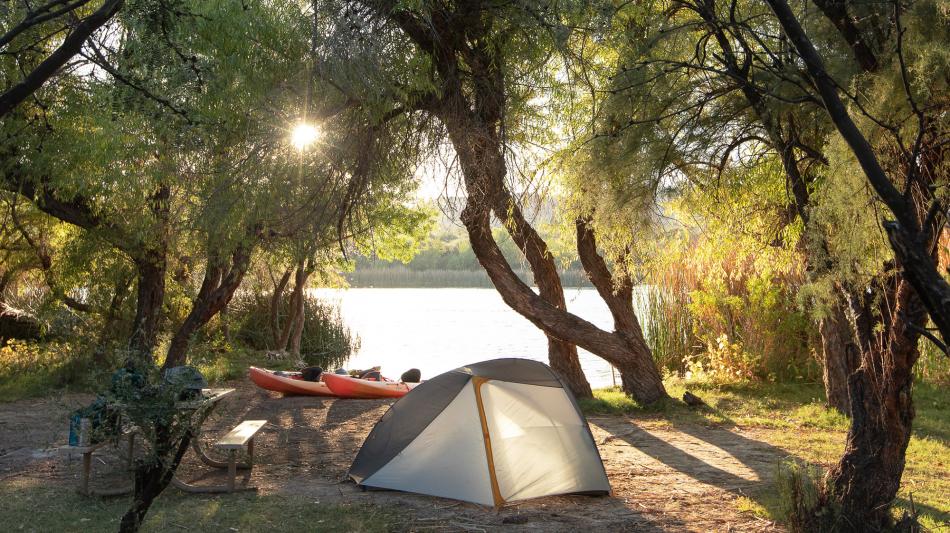
When you leave:
- Clean up your campsite: Before you leave, be sure to clean up your campsite. This means packing out all of your trash, dismantling your rv or tent, and putting out your campfire completely. Try to leave it cleaner than it was when you arrived.
Additional camping etiquette tips:
- Be mindful of your noise level: Especially at night, keep your noise level down so that you don’t disturb other campers.
- Don’t cut through other campsites: When walking around the campground, try to stay on the designated trails and avoid cutting through other campsites. Your RV campsite is from electrical pedestal to pedestal.
- Be respectful of wildlife: Don’t feed or disturb wildlife. Also, be careful where you store food so that you don’t attract unwanted animals.
- Respect the environment: Leave no trace of your visit. This means packing out all of your trash, including food scraps and human waste.
Camping etiquette for beginners:
If you are new to camping, here are a few additional tips to help you get started:
- Start small: If you are new to camping, it is best to start with a short camping trip in a developed campground. This will give you a chance to learn the basics of camping without being too far from civilization.
- Bring a friend: Camping with a friend or family member is a great way to feel more comfortable and safe.
- Be prepared for all types of weather: Pack appropriate clothing and gear for all possible weather conditions.
- Don’t be afraid to ask for help: If you have any questions or need help with anything, don’t be afraid to ask the camp ranger or a more experienced camper.
Camping etiquette for families:
If you are camping with your family, here are a few additional tips to help you have a safe and enjoyable experience:
- Supervise your children at all times: There are many potential hazards at a campground, so it is important to supervise your children at all times.
- Bring activities for your children: It is a good idea to bring activities for your children to do, such as books, games, and sports equipment. This will help to keep them entertained and occupied.
- Be aware of your surroundings: Be mindful of wildlife and other potential hazards when you are camping with your family.
- Teach your children about camping etiquette: It is important to teach your children about camping etiquette, such as being respectful of other campers and the environment.
Camping etiquette for pets:
If you are camping with your pet, here are a few additional tips to help you have a safe and enjoyable experience:
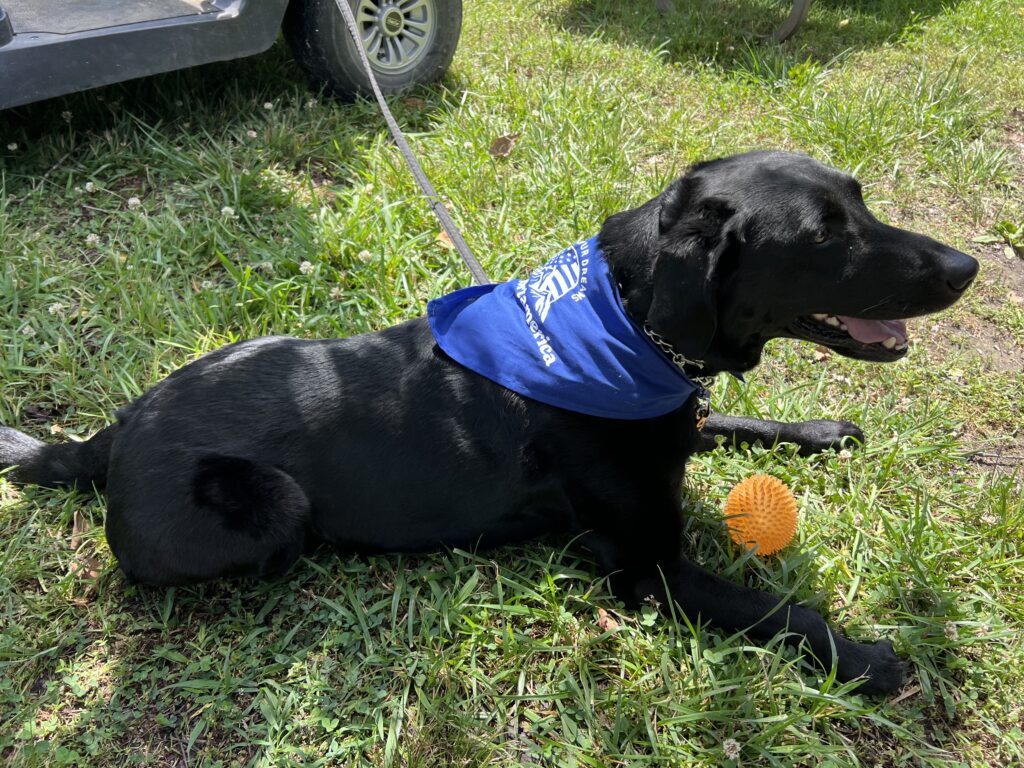
- Keep your pet on a leash at all times: This is important for the safety of your pet and other campers.
- Pick up after your pet: Always pick up after your pet and dispose of their waste properly.
- Be respectful of other campers: Don’t allow your pet to bark or disturb other campers.
- Be aware of your surroundings: Be mindful of wildlife and other potential hazards when you are camping with your pet.
Camping etiquette for groups:
If you are camping with a group, here are a few additional tips to help you have a safe and enjoyable experience:
- Be respectful of other campers: Keep the noise down, especially at night. Also, be sure to clean up after yourself and your group.
- Be aware of your surroundings: Be mindful of wildlife and avoid disturbing them. Also, be careful where you walk and hike, especially in areas with uneven terrain.
- Dispose of trash properly: Pack out all of your group’s trash, including food scraps and human waste. Never leave trash behind at your campsite.
Camping etiquette for national parks:
If you are camping in a national park, here are a few additional tips to help you have a safe and enjoyable experience:
- Follow the park’s rules and regulations: Each national park has its own set of rules and regulations. Be sure to read and follow these rules to help protect the park’s resources and other visitors.
- Leave no trace: Pack out all of your trash, including food scraps and human waste. Never leave trash behind at your campsite.
- Be respectful of wildlife: Don’t feed or disturb wildlife. Also, be careful where you store food so that you don’t attract unwanted animals.
Camping etiquette for backpacking:
If you are backpacking, here are a few additional tips to help you have a safe and enjoyable experience:
- Be prepared for all types of weather: Pack appropriate clothing and gear for all possible weather conditions.
- Be aware of your surroundings: Be mindful of wildlife and other potential hazards when you are backpacking. Also, be careful where you walk and hike, especially in areas with uneven terrain.
- Dispose of trash properly: Pack out all of your trash, including food scraps and human waste. Never leave trash behind in the wilderness.
Camping etiquette for RV camping:
If you are RV camping, here are a few additional tips to help you have a safe and enjoyable experience:
- Be respectful of other campers: Don’t hog the space or make too much noise.
- Be aware of your surroundings: Be careful not to damage the environment.
- Dispose of trash properly: Pack out all of your trash.
Camping etiquette for dry camping:
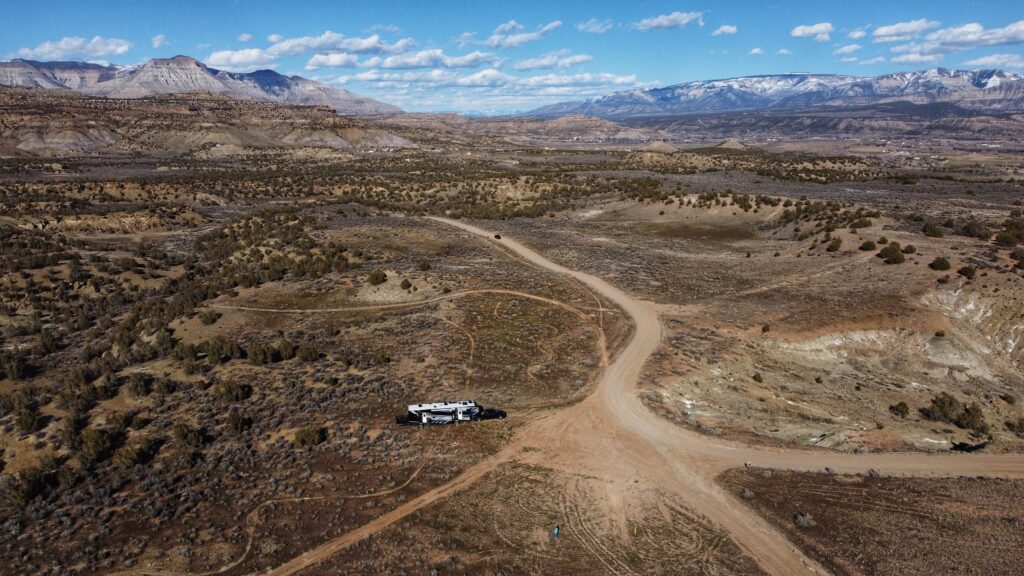
If you are dry camping, here are a few additional tips to help you have a safe and enjoyable experience:
- Be prepared for all types of weather: Pack appropriate clothing and gear for all possible weather conditions.
- Be aware of your surroundings: Be mindful of wildlife and other potential hazards when you are dry camping.
- Dispose of trash properly: Pack out all of your trash, including food scraps and human waste.
Camping etiquette for winter camping:
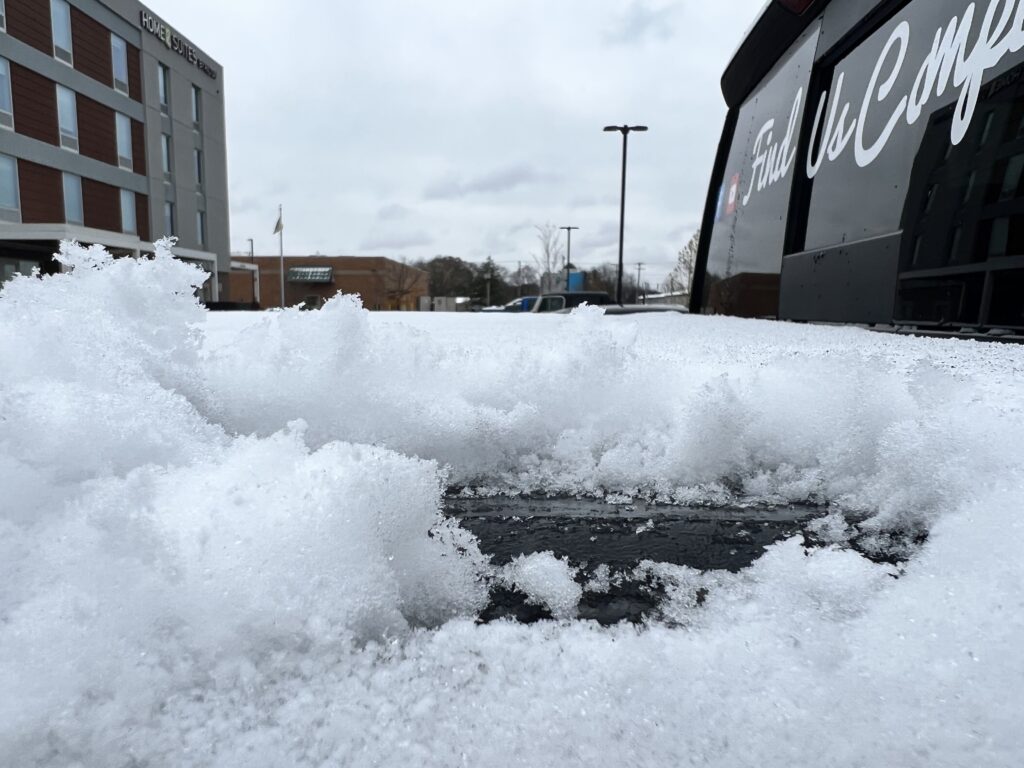
If you are winter camping, here are a few additional tips to help you have a safe and enjoyable experience:
- Be prepared for cold weather: Pack appropriate clothing and gear for cold weather conditions.
- Be aware of your surroundings: Be mindful of avalanche hazards and other potential dangers when winter camping.
- Dispose of trash properly: Pack out all of your trash, including food scraps and human waste.
Camping is a great way to enjoy the outdoors and connect with nature. However, it is important to be respectful of your fellow campers and the environment when you are camping. By following camping etiquette, you can help to ensure that everyone has a safe and enjoyable experience.

“Don’t let the FEAR of the UNKOWN stop you from RVing. Get out and get started…TODAY! “~FindUsCamping
Jimmy and Lisa are full-time RVers who travel the country in their 2024 Chevrolet 3500 Dually High Country and 2022 Keystone Fuzion 428. They use their Truck and RV as the home of the Mobile Display Unit (MDU), which they use to video their adventures and share them on their popular YouTube channel. Jimmy and Lisa also host an annual RV crawl, where they travel to different RV destinations with other RVers and meet up with their Villagers at FindUsCamping Campouts. We will be in the Pigeon Forge Tennessee area with our 2024 FindUsCamping Crawl.